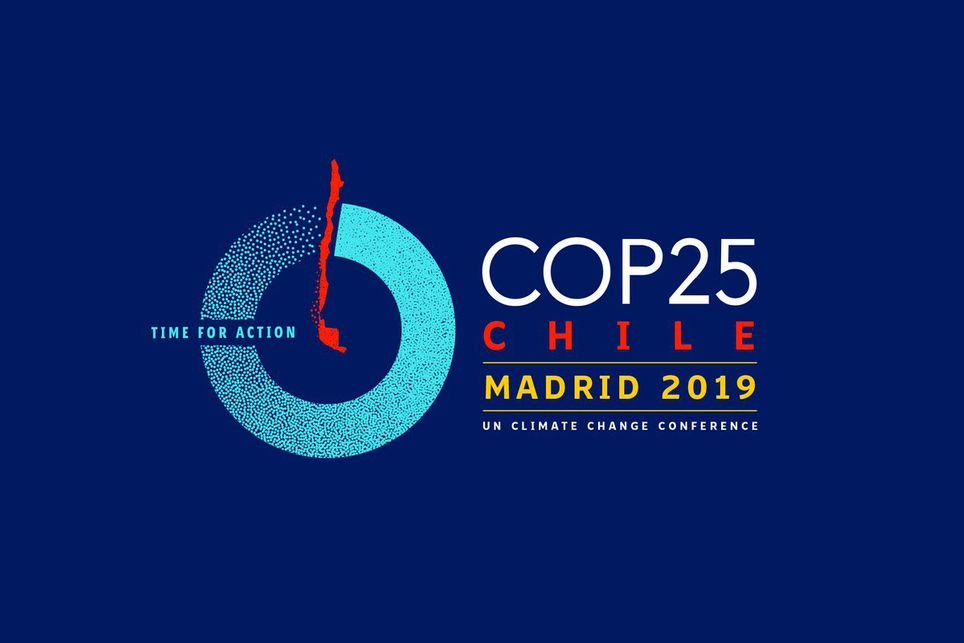
COP25: Conserving, restoring and safeguarding wetlands to achieve climate goals
From 2 to 13 December 2019 Madrid is hosting the UN Climate Change Conference, COP25. In the opening ceremony leaders made clear that serious progress on climate action is needed over the next two weeks. 2020 will be the key year when many nations must submit new climate action plans and define how to finance them. As the slogan of this edition states: it is “TIME FOR ACTION”.
Few days before going to Madrid, the European Parliament declared a “Climate emergency” and defined its asks:
-
Commission must ensure all proposals are aligned with 1.5 °C target
-
EU should cut emissions by 55% by 2030 to become climate neutral by 2050
-
Calls to reduce global emissions from shipping and aviation
The EU’s priorities for COP 25 include:
- completing the implementation guidelines for the voluntary cooperation mechanism of the Paris Agreement
- completing the second review of the Warsaw International Mechanism for loss and damage
- completing the review of the Lima work programme on gender, and
- advancing technical work on the arrangements under the Enhanced Transparency Framework.
We call the EU to include wetland management, conservation and restoration in its climate pledges. Wetlands comprise healthy inland lakes and river systems, marshes, swamps, peatlands (tropical, cold and upland), as well as coastal mangroves. Though they are the basis of millions of livelihoods, store untold amounts of carbon and water, provide flood protection and buffer storms, and are home to rich biodiversity, these are the most rapidly declining ecosystems in the world.
As the demand for water, land and food increases and climate change intensifies, they are coming under acute pressure, even from climate change adaptation and mitigation measures such as increasing energy supplies from hydropower and biofuels. This raises the need to ensure that climate policies promote positive and minimize negative impacts on wetlands. Below we set out four recommendations:
- Include wetlands in revised NDCs to enhance climate ambition
- Commit to conserving and restoring peatlands
- Restrict land-use change in permafrost areas to maintain vast carbon stores
- Shift from grey to green infrastructure by ‘building with nature’.
Please download the document for more detailed information.
If at COP25, don’t miss our events
